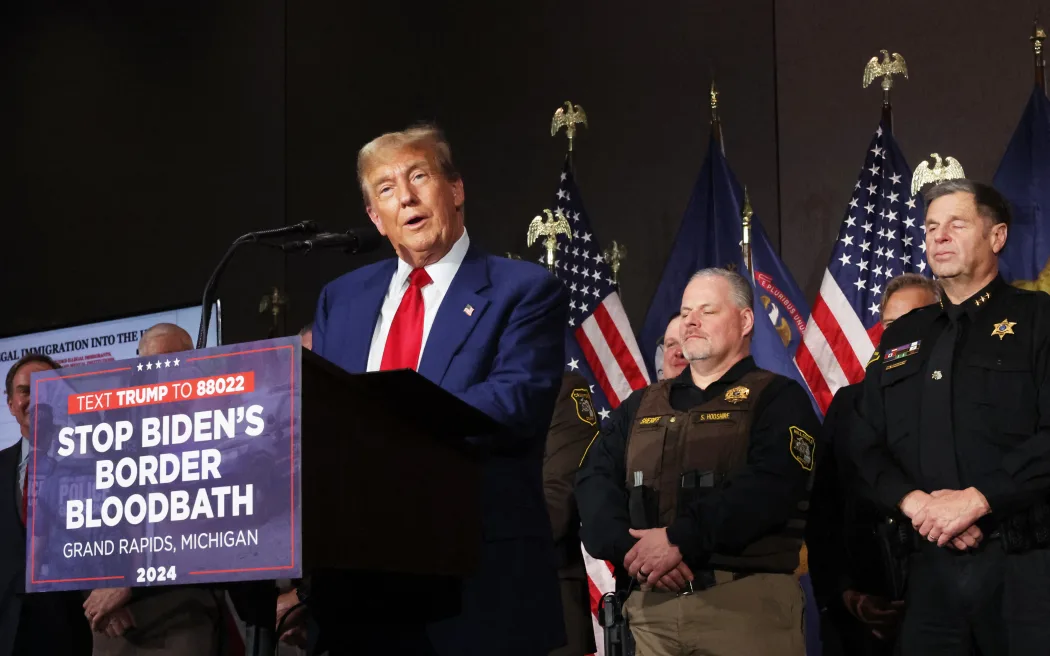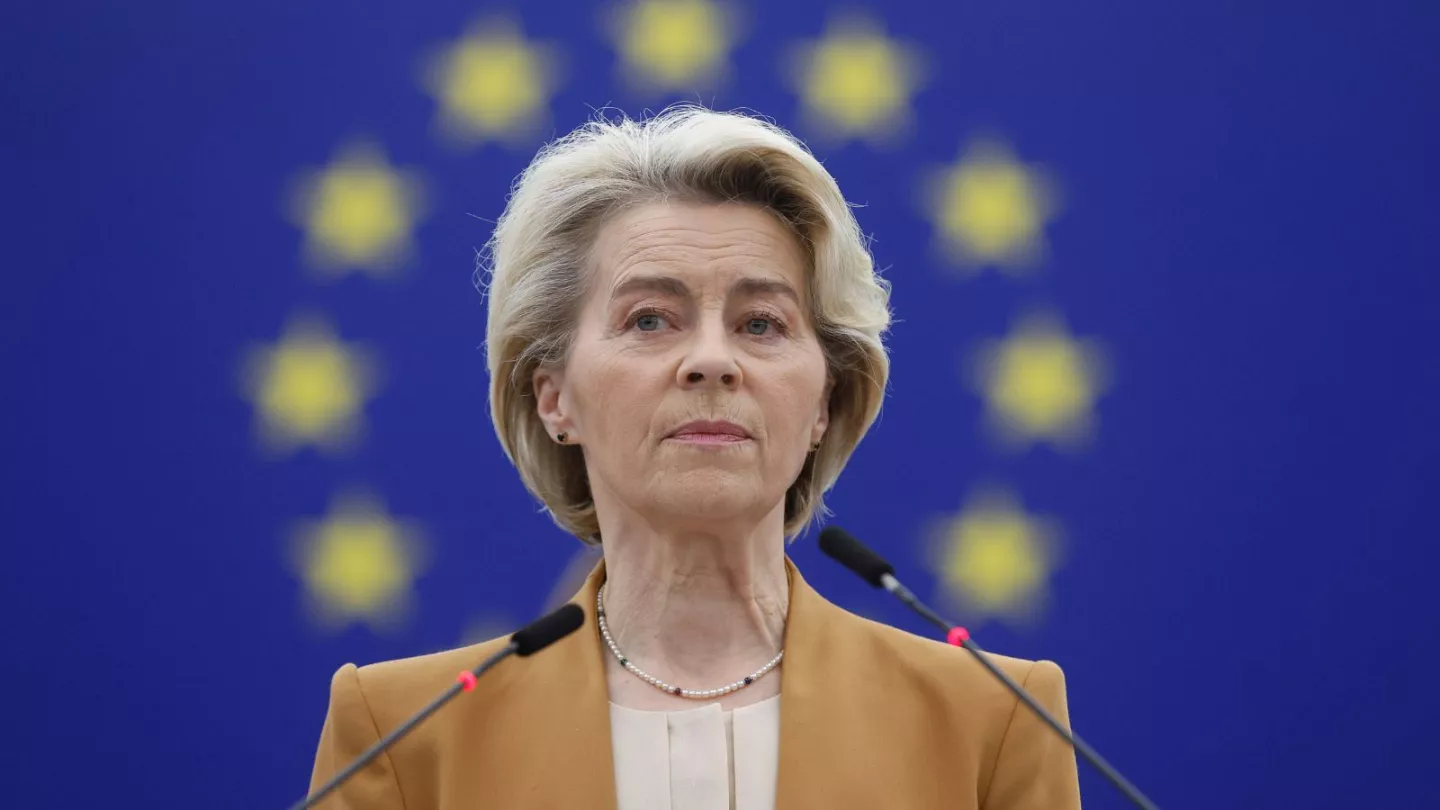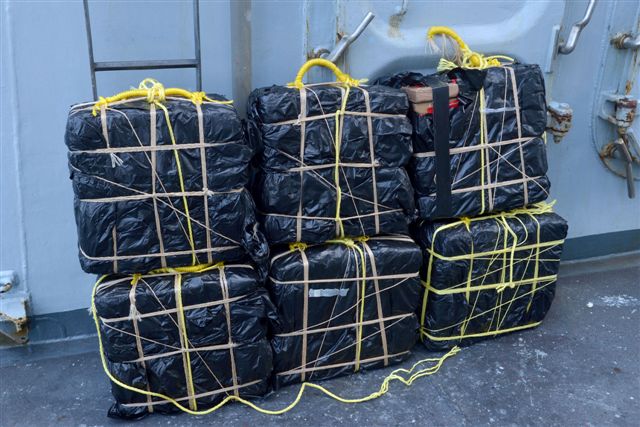The prospect of Donald Trump’s reelection is enough to give the jitters to many a policy maker around the world. The outcome of the electoral battle between him and the incumbent US president will largely rest on economic issues, and on who can best deliver a convincing blueprint for increasing the standard of living of the common person. In this, both candidates will have to come up with a quick and easy answer on what the root of the problem is and how they intend to fight it.
For Mr. Trump the issue is clear-cut – the source of the country’s troubles lies outside its borders, with China and illegal immigration being singled out. According to the latest polls more than half of US citizens live worse today than they did three years ago. Persistent inflation has eroded savings and unemployment is on the rise, as are violent crime and drug use. Donald Trump has until November to persuade the voting public that China and undocumented migration are responsible for these evils.
In his vision, Chinese products should be slapped with tariffs because the unfair competition from China drives American factories into shutting down and relocating to the Asian continent. Illegal migrants are stealing the jobs of hardworking Americans, so they should be stopped at the borders, and those already inside the country should be deported. But can US policy really be as straightforward as that, and what are the global implications of this new economic nationalism?
During Trump’s presidency the unemployment rate was one of the lowest of the past few decades. It’s hard to say how much of this is due to economic policies like cutting the corporate tax rate and providing tax relief for private individuals, and how much was simply the recovery from the 2007-2010 depression. But the former US president seems to harbor no doubt about who gets credit for this success, and his economic program for a potential second term envisions more of the same.
In the event Trump wins, tax relief for US companies and a tougher stance against migration are on the cards. However, a decrease in tax receipts will put pressure on the federal budget. To compensate, imports will be taxed at 10% for all commercial partners and 60% for anything with a ‘Made in China’ label. Also, forget about climate change, and “drill, baby, drill!” The White House is poised to renege on its commitments for limiting greenhouse gas emissions and promoting renewable energy sources.
These extreme policy shifts from a future Trump administration will take place in a global geopolitical and economic environment much more complex than during his first term. To implement his policies the future president pledges to surround himself not with technocrats, but with loyalists who will not dare question the effects of his political decisions. If Donald Trump manages not only to take the White House but also to achieve a Congress dominated by loyal Republicans, the result may well amount to an economic declaration of war on the rest of the world!
It is wishful thinking on the part of the Washington policymakers to imagine that America’s commercial partners will take this lying down. Tariffs on American exports will follow in a tit for tat fashion. For example, it is expected that China will first respond with a 40% tax on American goods and will also redirect as much as possible of its production toward the European Union, which in certain regards is a market similar to the US, and also toward Russia and the rest of the BRICS countries. Even the recent BRICS expansion is partly on account of China’s need to find additional markets for its exports and secure new sources of raw materials.
The one most impacted by these changes will be the US taxpayer. The Economist estimates that the 60% tariff on Chinese goods alone will translate into price increases of more than $2000/year for the average American family. Add to this the tariffs on the EU and other economic partners and it seems likely that no amount of tax relief will be enough to keep the standard of living in the United States from slipping. The only winner in this scenario will be the American Internal Revenue Service (IRS).
Even on the subject of illegal immigration things aren’t as black and white as Mr. Trump would like to believe. Undocumented migrants make up more than 5% of the US workforce, and they mostly work jobs where it will be difficult to find replacements among US citizens. They are also important contributors to the wider economy. Nearly every dollar earned by illegal immigrants is spent immediately, and by some estimates up to 8 million US jobs are dependent upon the economic activity produced by them.
The desire to reduce the commercial deficit with foreign partners, China and the EU in particular, is a legitimate one, but falling back on old-fashioned protectionism isn’t a recipe for economic success in the century of globalization. Donald Trump’s commercial policies are based on the assumption that neither China nor Europe will be willing to exit the world’s largest market. Instead, in order to keep selling their goods in the US, they will relocate the production units on American soil which will generate jobs and additional revenue for the federal budget.
This is because the long overdue collapse of the Chinese real estate market will result in a sizable decrease in internal consumption. The downturn will force China’s factories to redirect more of their production toward exports, and the American market is one of the few that is capable taking up the slack. If it isn’t allowed access to the US market, China will have no option but to force the European one, which will cause the EU to also turn to protectionist measures. We can already see this happening with the Chinese electric vehicles, which are meeting difficulties breaking into the American and European markets.
Donald Trump is basically betting that the other economic powers will have no choice but to adapt to his commercial policies and that the US will remain the world’s premiere export market. A risky bet according to Nouriel Roubini who considers that “Trump’s reelection might be the biggest looming threat to the global economy.” Mr. Roubini is something of a doomsday prophet, but he is correct in assessing that a new term in the White House for Donald Trump will redefine how conflict between nations in conducted. The upside is that we will witness fewer military engagements, with tanks, drones and rockets. Instead, the fighting will move to the domain of tariffs, crypto currencies, banking regulations, tax and immigration policies.









